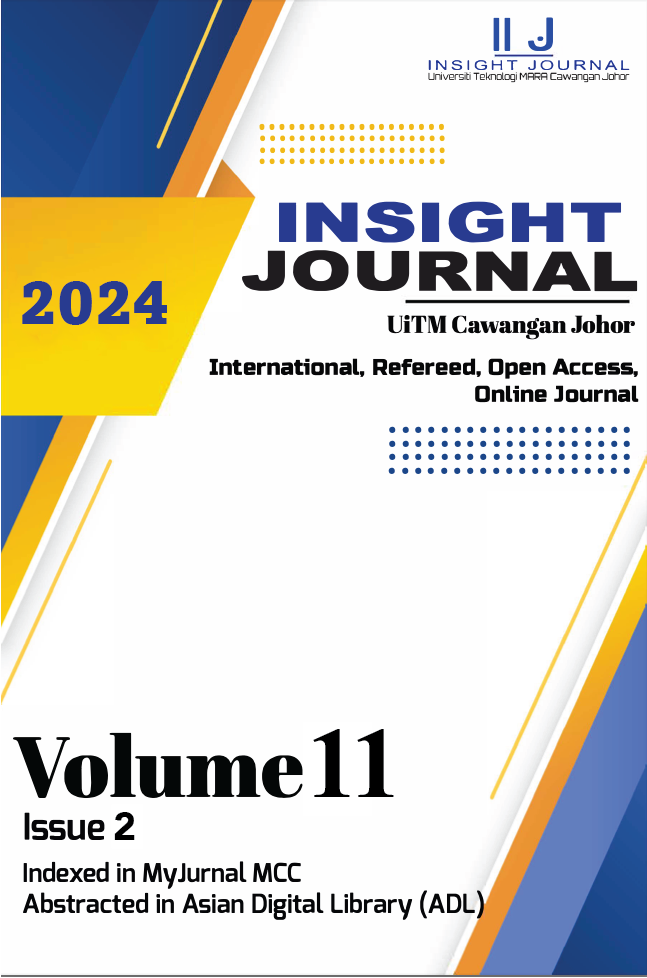INNOVATIVE PROSPECTIVE APPROACHES TO FUTURE ISLAMIC EDUCATION
DOI:
https://doi.org/10.24191/ij.v11i2.2305Keywords:
Future, Inclusivity, Islamic Education, New Methods, Technology Integration, 21st-Century SkillsAbstract
Islamic education encompasses the instruction and acquisition of knowledge pertaining to Islam, including its values, beliefs, and rites. However, the future of Islamic education encounters several substantial obstacles, including a dearth of innovation, limited curricula, and an inability to adjust to global transformations. This study aims to review innovative prospective approaches to future Islamic education. This study used content analysis as a methodological approach to examine and assess the prevailing patterns and obstacles encountered in Islamic education. This study has identified several prospective approaches to Islamic education that can be innovative and relevant. Some of these approaches include: (a) placing emphasis on critical thinking; (b) incorporating technology; (c) adopting personalised learning; (d) promoting cooperation and inclusivity; and (e) acquiring skills for the future. In conclusion, the innovative prospective approaches to Islamic education require a great deal of rethinking, collaboration, and investment in research that can produce practical and effective methods of learning and teaching.
Downloads
Published
Issue
Section
License
Copyright (c) 2024 UiTM Press

This work is licensed under a Creative Commons Attribution 4.0 International License.







